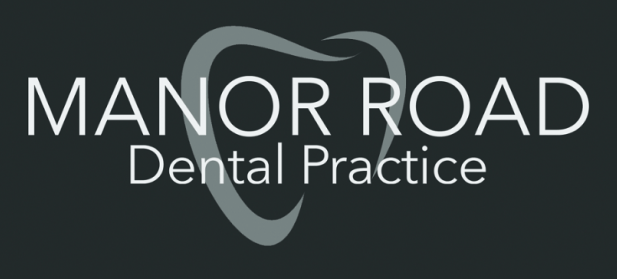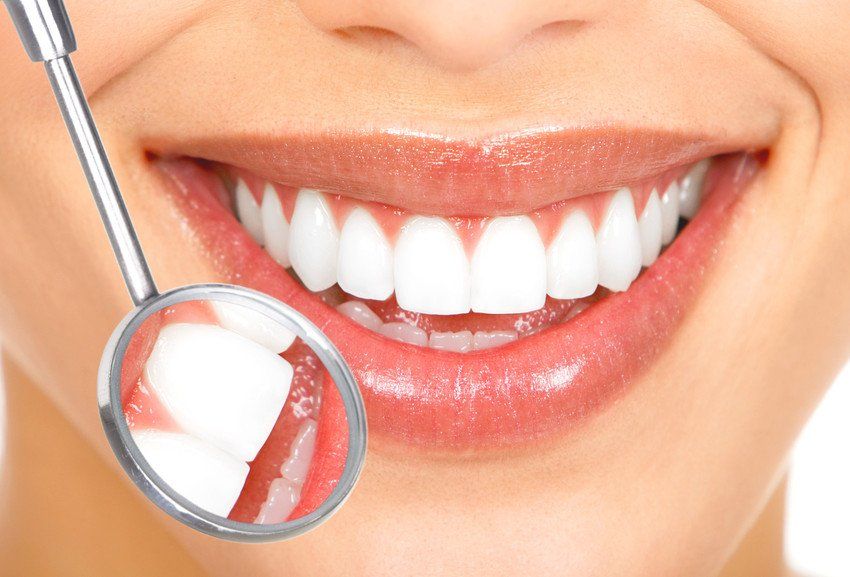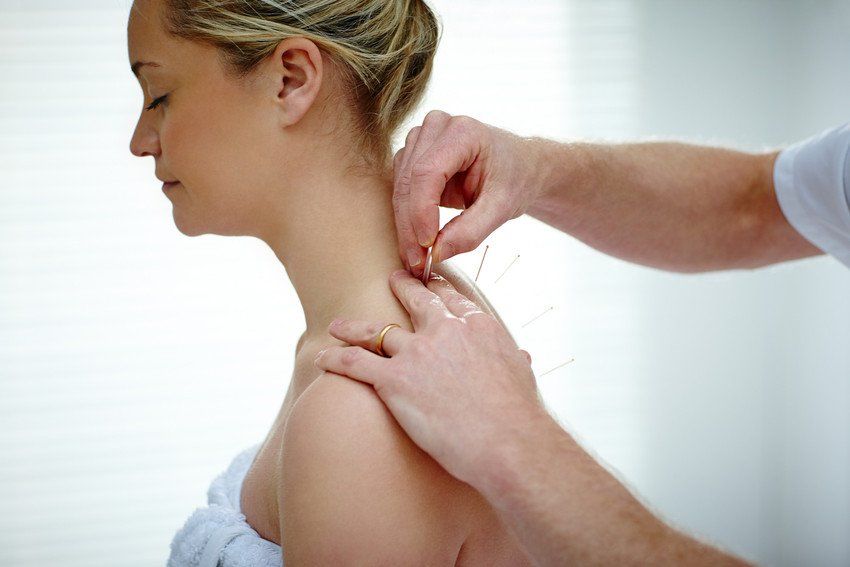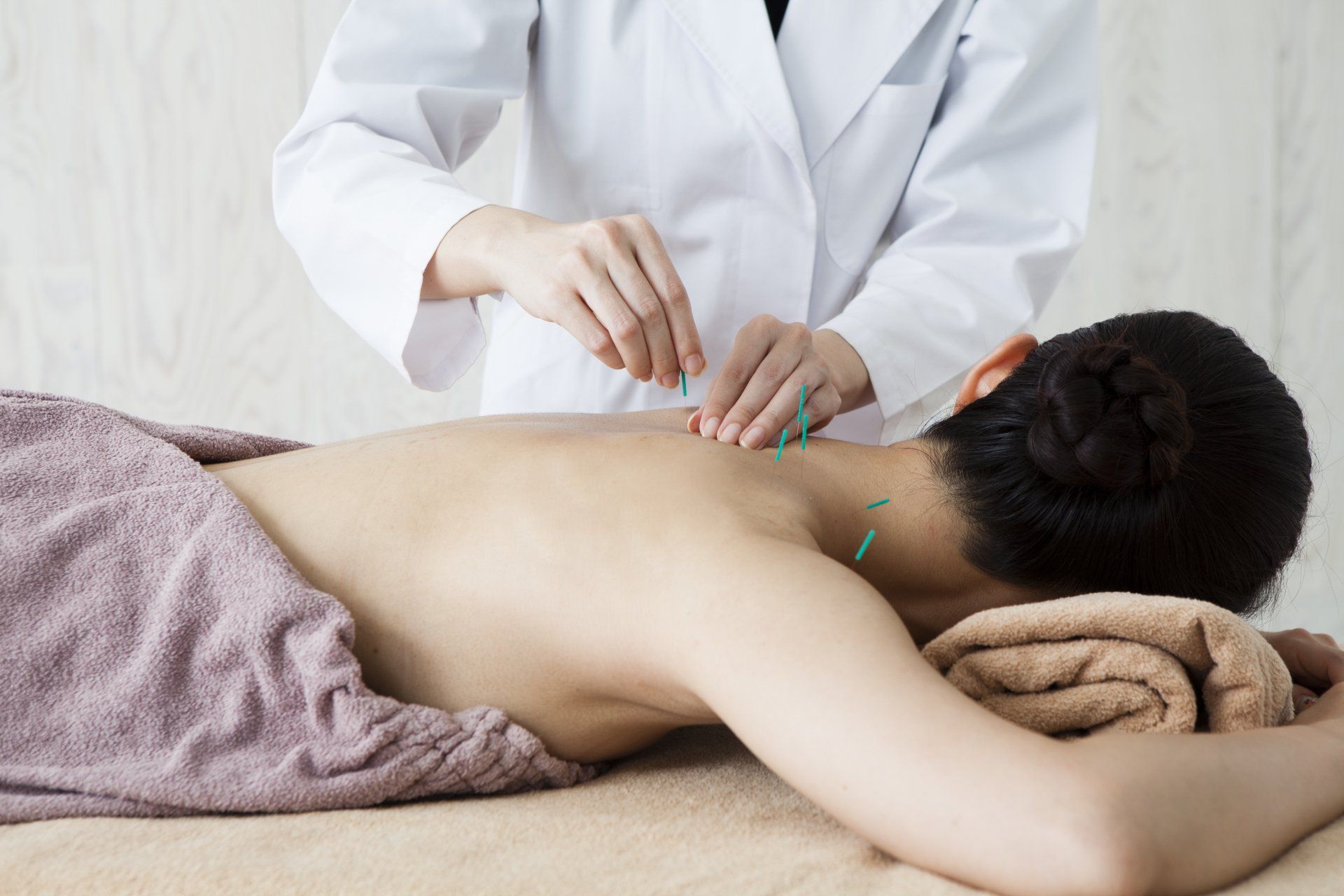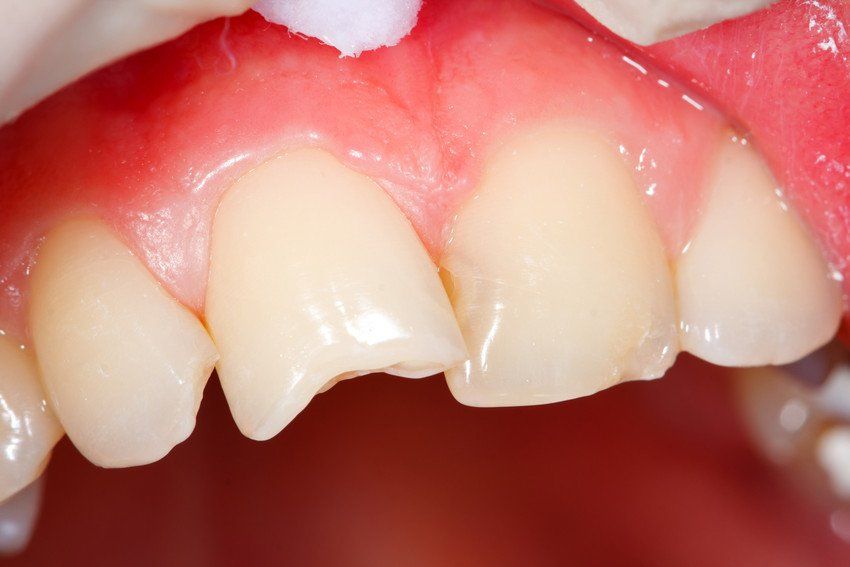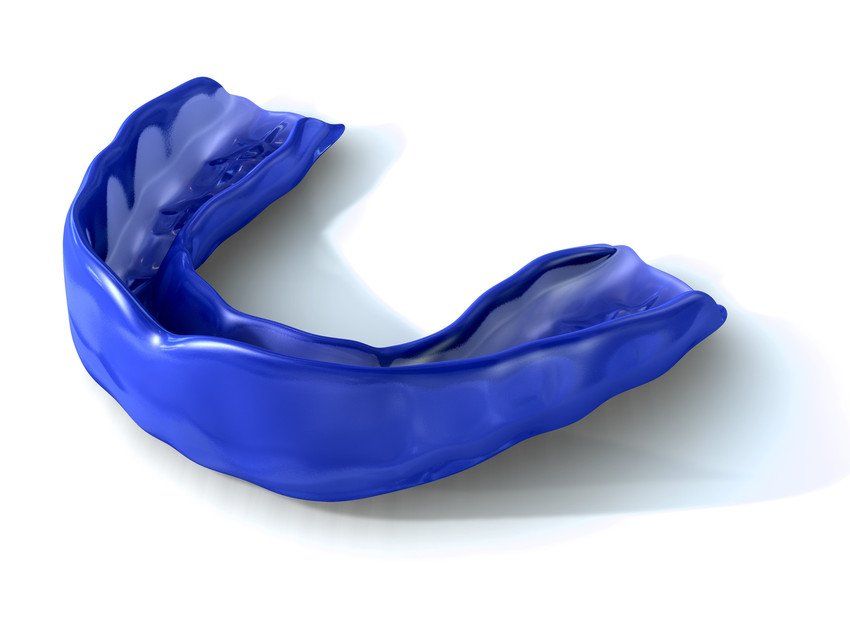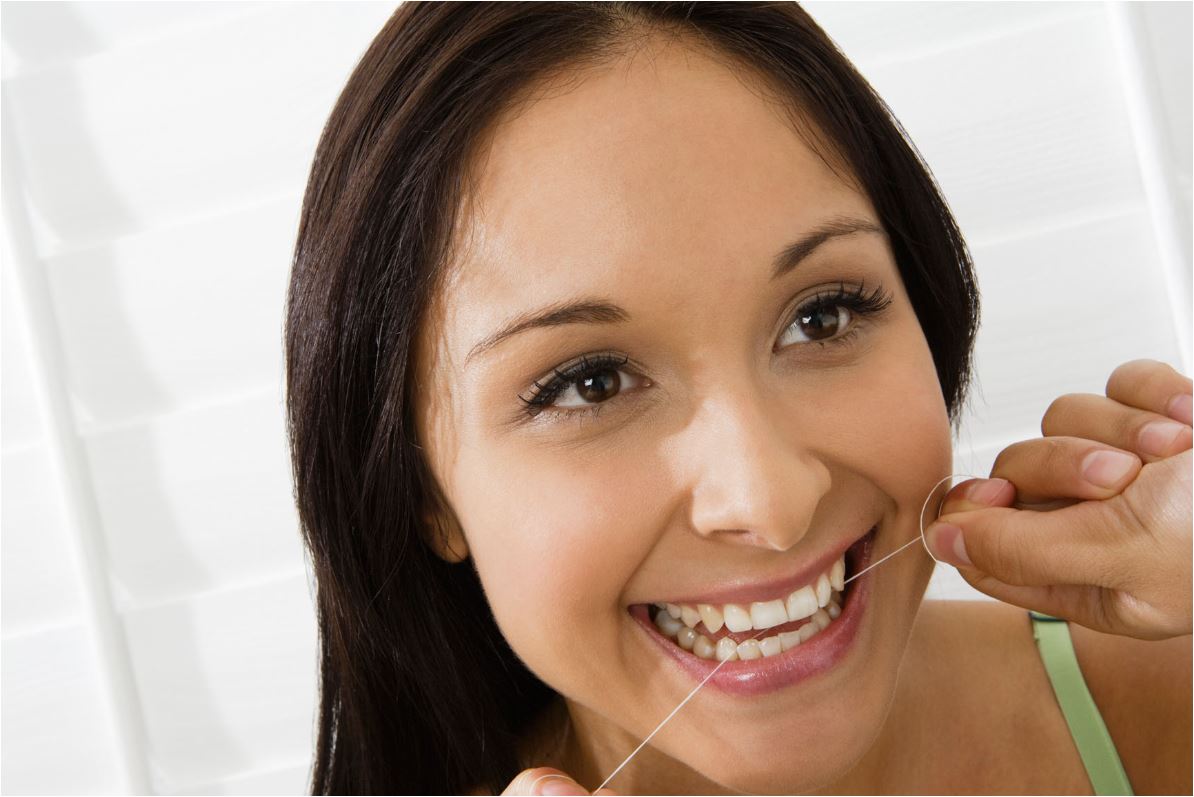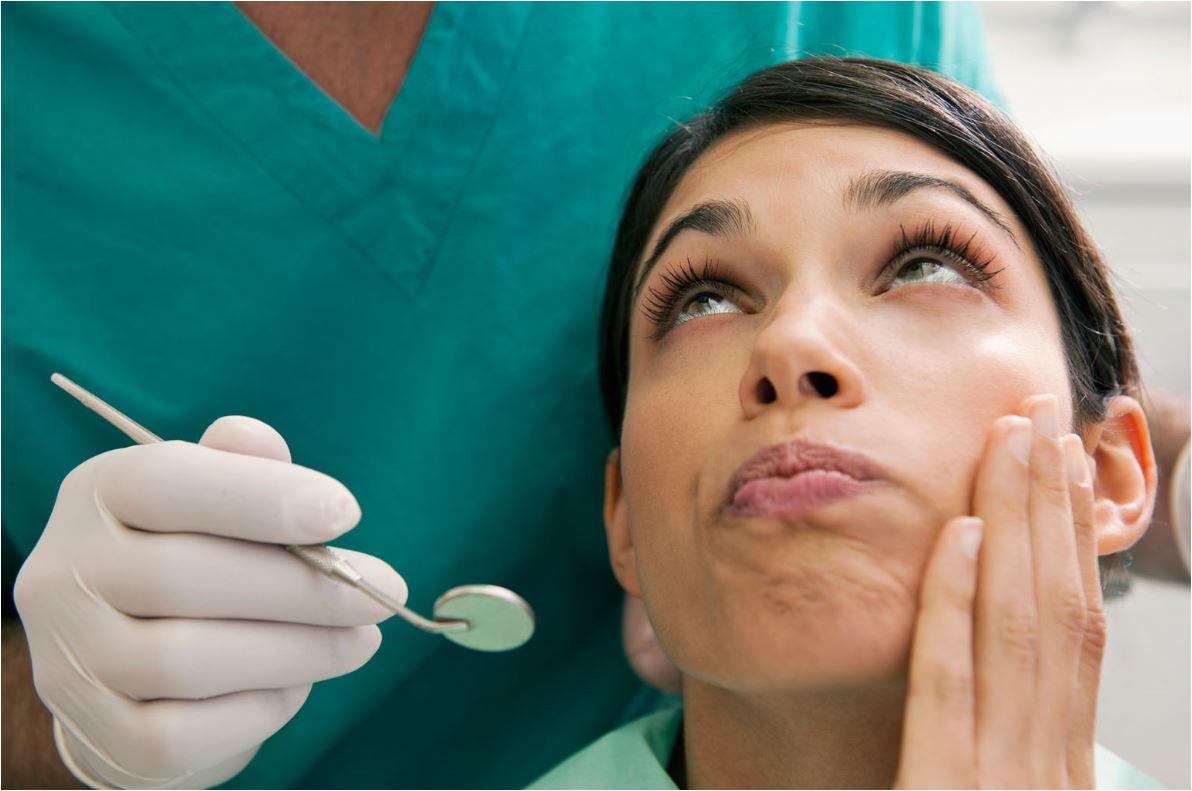Should You Use a Manual or Electric Toothbrush?

The bottom line is, brushing your teeth whether that’s with a manual or electric toothbrush is essential for healthy teeth and gums. But, the debate continues as to which toothbrush is most effective. Both options come with their own benefits, so if your current toothbrush is not giving you the results you need, it could be time to switch.
Here’s all you need to know about manual and electric toothbrushes.
How do manual toothbrushes work?
As the name suggests, manual toothbrushes rely on the users to do most of the brushing work. The best technique is to brush your teeth using small circular motions to gently remove any plaque and food from between your teeth and on the surface. You should choose a manual toothbrush with a bristle type that suits your needs. For example, hard bristles can remove more plaque, however, a soft-bristled brush could be more suitable for those with sensitive teeth and gums.
What are the benefits of manual toothbrushes?
●As long as you are using a good brushing technique, manual toothbrushes create the same results as electric toothbrushes.
●Manual brushes are affordable.
●Users may find that manual toothbrushes make it easier to brush hard to reach places.
How do electric toothbrushes work?
Electric toothbrushes, on the other hand, are battery-operated or rechargeable and work by providing an effective brushing action through rotating bristles. The brushing technique is slightly different from manual brushes which means you simply need to place the toothbrush on each tooth so the brushes can rotate and remove the plaque.
What are the benefits of electric toothbrushes?
●Many users believe that electric toothbrushes provide a more thorough brushing experience.
●Some electric toothbrushes have features such as timers to ensure that you are brushing for the recommended amount of time.
●Electric toothbrushes can be easier for individuals with limited mobility.
Signs you need to improve your brushing
Your brushing technique is the most important factor in achieving healthy gums and teeth but switching your toothbrush can help too. Here are some signs that you may need to improve the way you’re brushing your teeth:
●You can see or feel tartar on your teeth.
●Your gums are inflamed - this can be caused by bacteria build-up due to poor brushing.
●You have bad breath even after brushing your teeth.
At Manor Road Dental in Swansea, our friendly and professional team are on hand to keep your oral hygiene in check. Whether you need a general check-up or you’re interested in cosmetic dentistry, our practice offers a wide range of services. We’re confident that we’re one of the best local dentists in Swansea, so don’t hesitate to make an appointment today, or give us a call to speak to a friendly member of our team.

